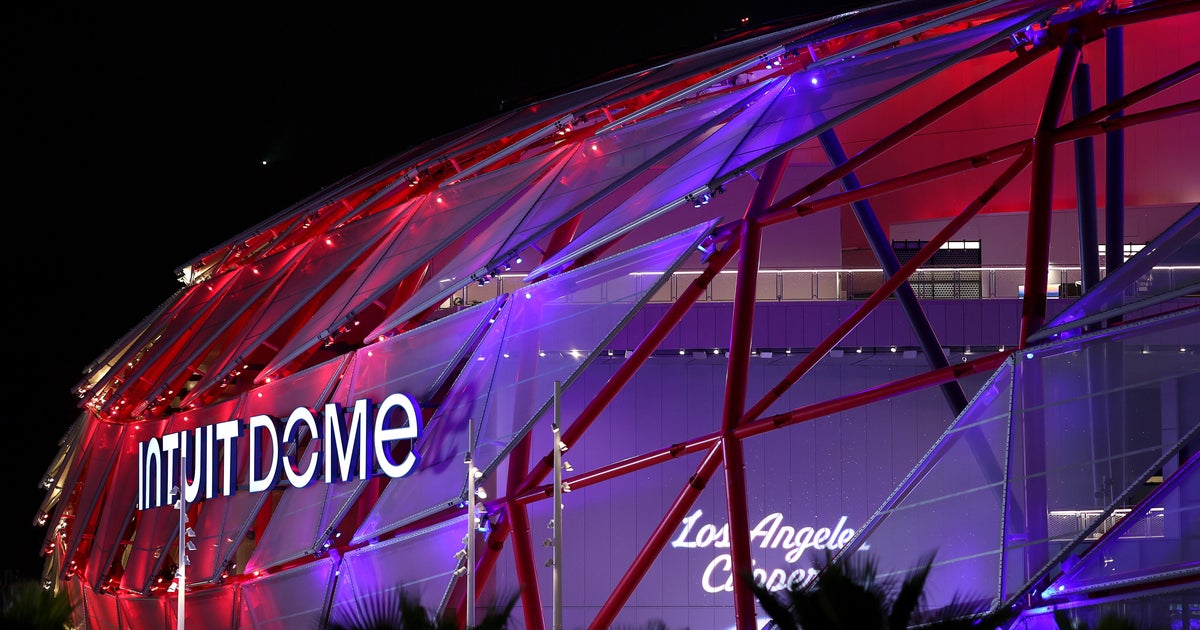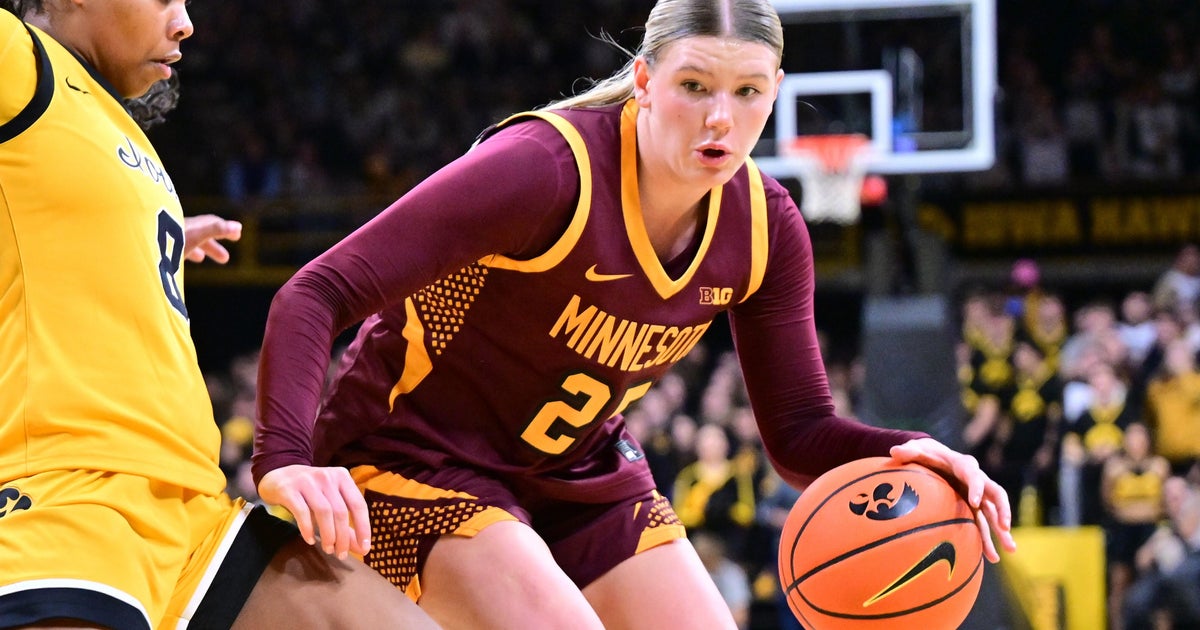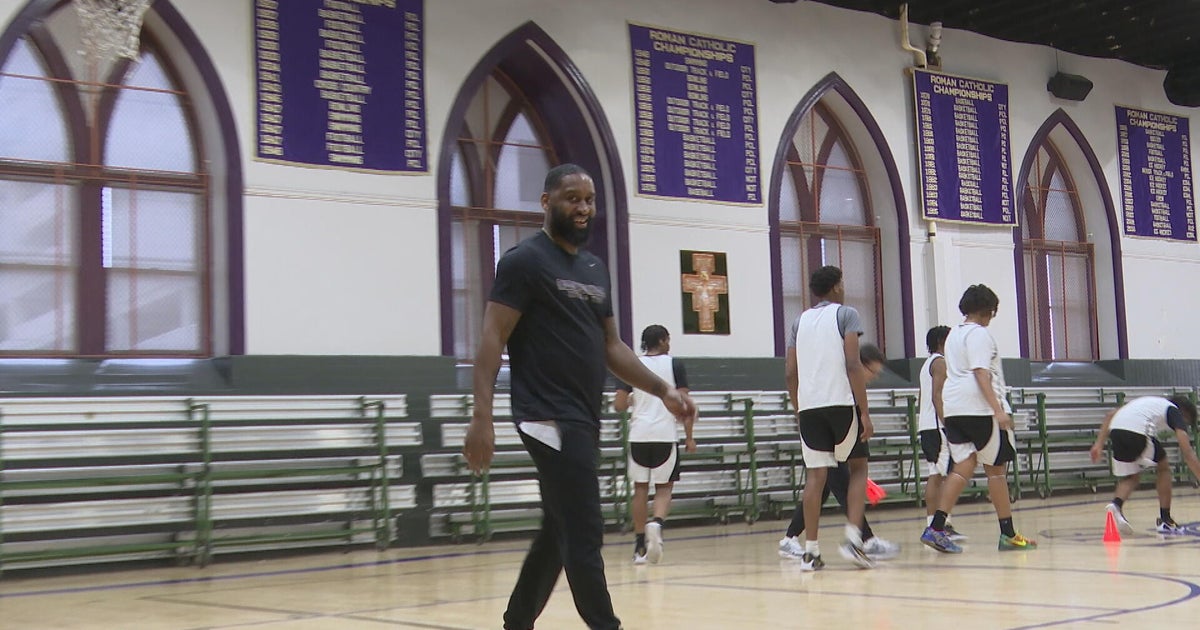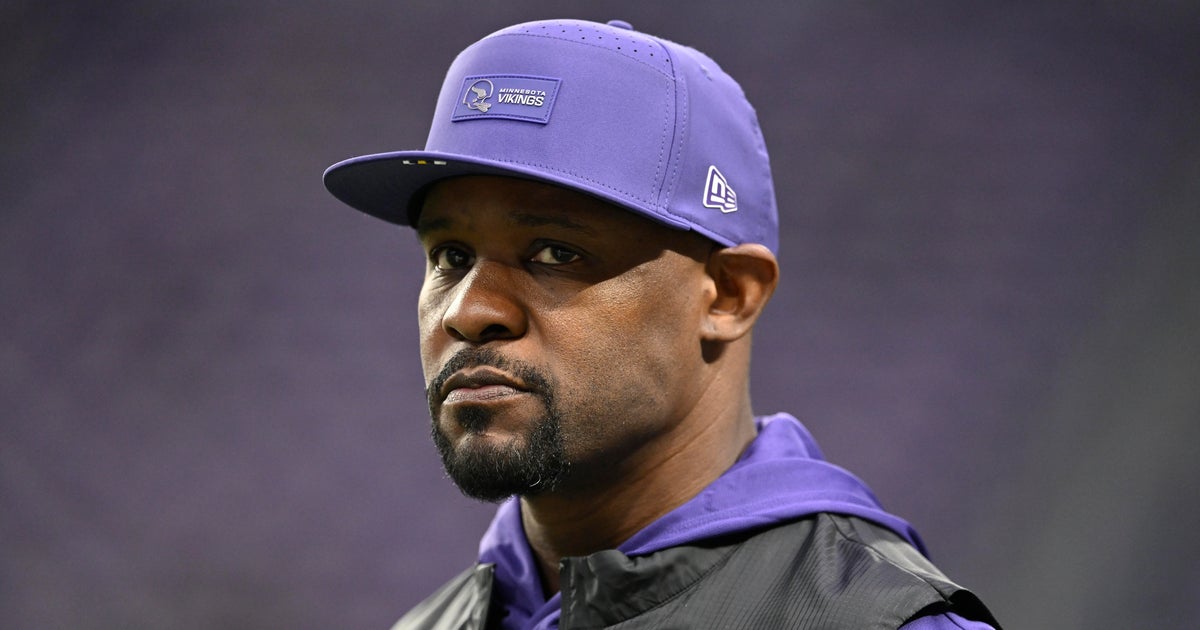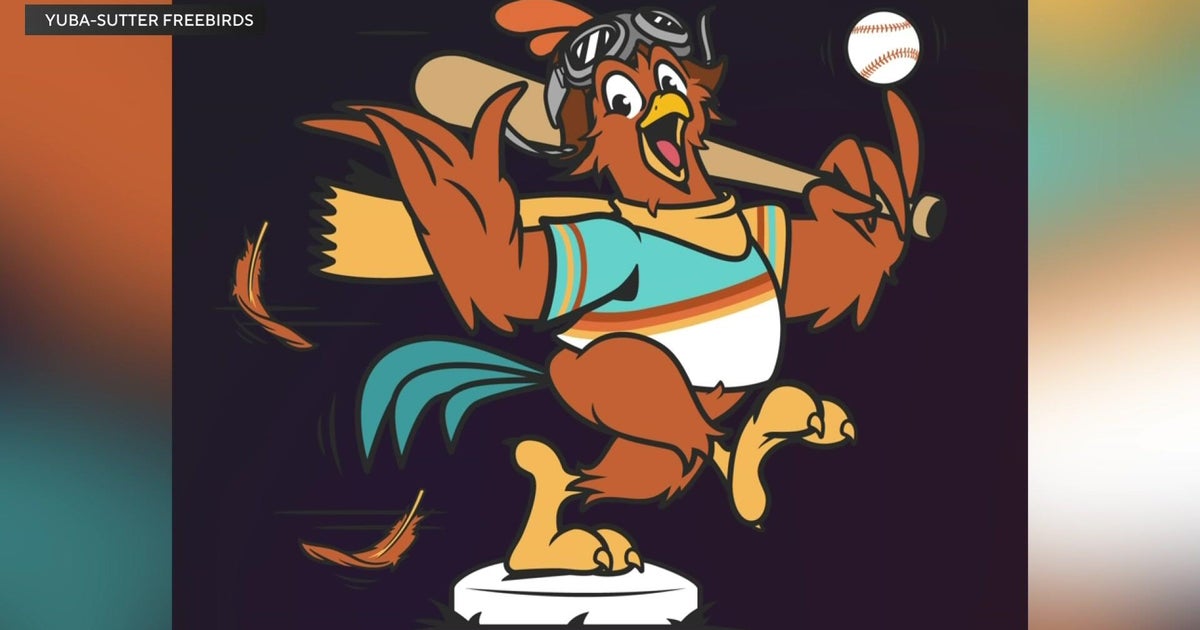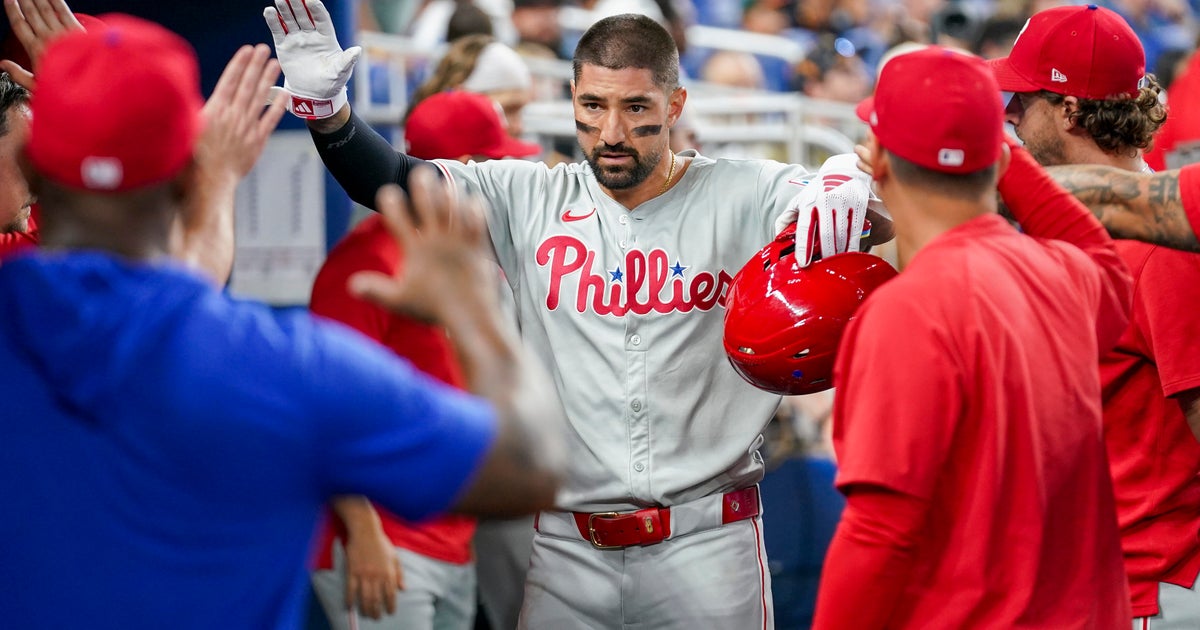Keidel: NFL Mansions And Expansions
By Jason Keidel
» More Columns
After yet another obscenely successful season, the NFL is thumbing through its list of expansions.
Forever high on hubris, the sport is pondering extra games, playoff teams, and new franchises, perhaps in London or Los Angeles. And it feels like all are in the name of profit, not principle.
Those of my vintage vaguely recall the last years of the 14-game schedule, and thus consider the current cluster of games the only real regular season. Our elders admonished us that the 16-game slate trivialized the deeds of their predecessors. And thus we admonish the new NFL brass that they risk the same.
A thousand-yard rusher wasn't as revered, for instance, and monoliths like Jim Brown saw their records fall to inferior players. Brown rushed for over 1,800 yards in just 12 games, yet it's still considered epic when Adrian Peterson recently eclipsed 2,000 in 16 games, essentially gaining just 200 more yards in four more games.
More than sterilizing or trivializing the record books, the NFL finds itself mired in clashing impulses when it advocates a longer regular season. In the shadow of a billion-dollar concussion lawsuit and its need to pry itself from the reputation as the Philip Morris of head trauma, the league has started these specious "Heads Up" campaigns, and has added an annex of penalties to the game, like defenseless receivers and helmet-to-helmet contact.
It is the quintessential form of foxhole prayer. And most football fans realize that this retroactive morality is little more than a public relations stunt. PBS ran a fantastic "Frontline" documentary on the matter, based on the fine reportage from Mark Fainaru-Wada, who exposed the NFL's desire to hide evidence that pro football crippled many of its icons.
You can't assert that safety is the priority, that limiting a player's exposure to on-field violence is paramount, then in the same sentence implore the players union to allow two more regular season games. Even an entity as slick as the NFL can't pull that wool over the entire sporting public.
An 18-game schedule doesn't make football better, more interesting, or more competitive. All it does is make more money for the owners. And while profit is the goal of any corporate enterprise, pro football is the rare place where more work literally risks the life of its employees.
An extra playoff team dilutes the playoff chase. The NFL already allows 12 teams in the Super Bowl bracket; stretching it to 14 or more paints the NFL in NHL hues, largely marginalizing the regular season.
So much of the sport's charm is the notion that each week is a pseudo playoff, much like college football, and thus the expansion adds elements of unwanted luck to the postseason. Should an 8-8 and 14-2 team have equal access to the Lombardi Trophy?
Expansion teams are just the same thing on steroids. Even the most generous analysis concludes that barely half of the NFL teams have a serious starting quarterback.
With all due respect to Johnny Manziel, the most exciting college player in recent memory, if he's the best QB prospect in this year's draft, then there's clearly a dearth of dominant signal callers. I have yet to hear one fan bellow, "You know what? What the NFL really needs is 34 teams, because these 32 just aren't enough!"
And, lastly, the NFL is fighting the growing chorus in favor of medicinal marijuana. Insert joke here about the "Stoner Bowl" between the only two teams from states that legalized cannabis, but the issue will mushroom every year. As the United States fall like dominoes under the more liberal social mores surrounding marijuana - already 20 states allow for prescribed pot - that number will only swell.
Each side is armed with data, from a phalanx of doctors who will form any echo chamber they desire. One side says weed is wonderful on the mind and body (and Doritos). They declare that marijuana is a safe alternative to the vastly more addictive pills prescribed by team doctors, like vicodin and percocet. They point to Brett Favre, among others, who fell prey to the prescription epidemic. Pot, apparently, is God's gift to man, from the earth, by the earth, and for the earthlings.
The opposition takes a more puritanical approach, warning us of addiction, standing by the notion that marijuana is a gateway drug, a portal to more perilous narcotics.
Mark Brunell, an NFL player for nearly two decades, is one of the more vocal foes of the weed initiative. Brunell says most will smoke the stuff just to get high, and that he watched many teammates erode physically and emotionally under the power of the puff. By the end of his career, Brunnell figured about 35 percent of his teammates were smoking marijuana, for whatever reasons.
Steelers' Ryan Clark: 'Guys On My Team Smoke'
You can see the tissue twitch on Roger Goodell's face when talking about medicinal marijuana. He's trying to sound professorial and progressive on the issue. As of today, he is steadfast in his opposition to medicinal marijuana, and is quick to caution anyone to smoke up, prescription or not, as the matter is collectively bargained, thus overriding any local laws.
But nothing can hide the truth in today's NFL, which is that almost every campaign, at least this year, is a transparent money grab. Perhaps Goodell should take a chill pill. Or a puff. Doctor's orders.
Twitter: @JasonKeidel
Jason writes a weekly column for CBS Local Sports. He is a native New Yorker, sans the elitist sensibilities, and believes there's a world west of the Hudson River. A Yankees devotee and Steelers groupie, he has been scouring the forest of fertile NYC sports sections since the 1970s. He has written over 500 columns for WFAN/CBS NY, and also worked as a freelance writer for Sports Illustrated and Newsday subsidiary amNew York. He made his bones as a boxing writer, occasionally covering fights in Las Vegas, Atlantic City, but mostly inside Madison Square Garden.
You May Also Be Interested In These Stories
